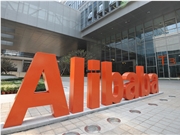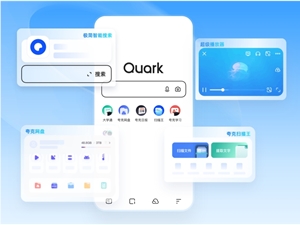The tech world just witnessed a shocking event! Apple, the tech giant known for its closed ecosystem, has actively embraced external AI forces and made a major partnership with Anthropic, integrating Claude Sonnet4 directly into the heart of Xcode 26 Beta 7. This move completely breaks Apple's traditional "self-sufficiency" approach, sending a strong signal: the Warring States era of AI programming has officially begun.
When developers open the latest version of Xcode, they will notice an unprecedented change: they no longer need to rely on third-party plugins or external tools. Claude Sonnet4 is now natively integrated into the system. By simply logging in to a Claude account in the "Smart" settings panel, they can immediately summon this AI programming master to assist them.
Behind this seamless integration is the "vibe-coding" AI programming platform jointly developed by Apple and Anthropic. Claude Sonnet4 plays a central role here. It not only quickly generates high-quality Swift or Objective-C code based on the developer's intent, but also provides deep error analysis and optimization suggestions like a senior programmer. More surprisingly, this system has a large context window, allowing it to easily handle complex large codebases.

Claude Sonnet4's capabilities go far beyond code generation. It acts as a versatile programming assistant, automatically generating clear comments and complete project documentation for the code, making those tedious documentation tasks easy and enjoyable. When potential issues arise in the code, it can accurately locate the source of the error and provide practical solutions, helping developers write more robust programs.
Apple's recent strategic shift carries profound significance. Looking back at the Swift Assist plan announced at the 2024 WWDC, it was initially just a simple AI coding assistant similar to GitHub Copilot, supporting only OpenAI's ChatGPT. Now, Xcode 26 Beta 7 is entirely different. Developers can freely switch between ChatGPT and Claude, and even use the upcoming Claude Opus4. This multi-model support and open strategy show Apple's new thinking in the field of AI.
This transformation goes far beyond Xcode itself. The current competition among AI coding assistants is extremely fierce, with GitHub Copilot's user base already surpassing 15 million, showing strong growth. Faced with such a competitive environment, Apple's decision to partner with Anthropic not only provides stronger tool support for its 34 million registered developers, but also subtly promotes the development of the entire AI programming ecosystem.
More importantly, this collaboration may just be the tip of the iceberg of Apple's AI strategy. From the code analysis, it can be seen that Apple is preparing for deeper integration of Claude. In the future, this technology may extend to Siri voice assistant and system-level writing tools. This means Apple is building a more open and diverse AI ecosystem, providing users with a more intelligent experience through deep cooperation with top AI companies.
When we look back at Apple's development history, we find that this collaboration with Anthropic has milestone significance. It marks Apple's transition from a closed system to an open one, and from self-research to cooperative win-win. For global developers, this is not just an upgrade of a tool, but a fundamental change in the development model.
The release of Xcode 26 Beta 7 officially announces the arrival of the multi-model AI era. In this new era, developers will have unprecedented creative freedom. They can flexibly choose the most suitable AI assistant according to project needs and personal preferences. This diversity of choices not only improves development efficiency, but also injects new vitality into software innovation.
As AI technology continues to evolve and more models are added, Xcode is expected to become the smartest and most efficient development platform in the minds of global developers. This AI programming revolution initiated by Apple and Anthropic is reshaping the future landscape of the entire software development industry.










